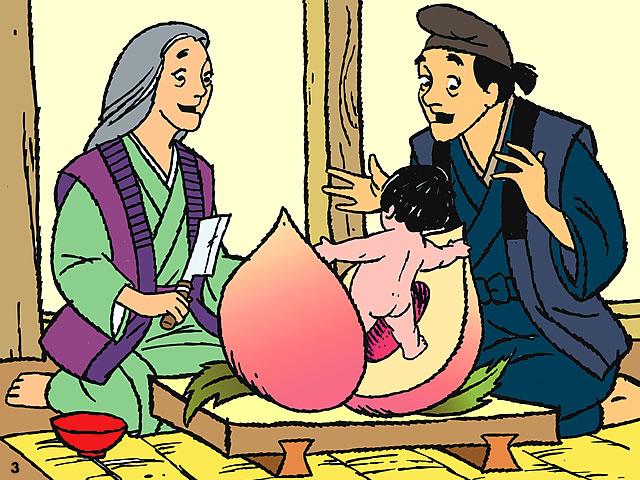Title: “C’s Get Degrees”
General Information about Item
Genre/Subgenre: Oral folklore: saying
Language: English
Nation of Origin: United States of America
Informant Data:
Peter Wang is a male, 21 year old Dartmouth College student in his senior year. He is currently studying Economics and is from Phoenixville, Pennsylvania. Peter participated in corporate recruiting during Summer of 2015, Fall of 2015, Summer of 2016, and Fall of 2016. He will be working for Applied Predictive Technologies consulting after graduation.
Contextual Data:
The saying in question is a common saying amongst those going through the corporate recruiting, or tough academic times in general. The saying “C’s get degrees” is meant to state that those with bad grades (C’s) can still obtain a degree and graduate. The saying is meant to humorously provide a sense of comfort during hard times. It is important to note that the saying is not exclusive to the recruiting process, but that it was quite popular amongst those going through the recruiting process, as it was a difficult time for all those involved.
Transcript of Associated File:
Q: Hi, what is your name and year?
A: Peter Wang, ‘17
Q: What is your major?
A: Economics
Q: What are you doing after graduation?
A: I’m working for APT in Washington DC
Q: Have you heard of any sayings, superstitions, or jokes about the corporate recruiting process?
A: Yea, there’s one sort of joke/saying that goes “C’s get degrees!”. I remember during corporate recruiting season, when interview decisions were coming out and no one was getting interviews, I would just burst out with “Hey, at least C’s get degrees!” and all my friends would start laughing.
Q: Interesting, what sort of role did this saying play amongst your friend group?
A: It was just a funny way to relieve stress and keep our minds off the bad decisions
Q: Would you say it’s specific to Dartmouth?
A: No, I would say I hear it the most at Dartmouth but I’ve definitely heard it at other schools
Informant’s Comments:
The informant stated that the corporate recruiting process can often be grueling and mentally straining, and in order to keep the mood lighthearted after a job rejection or other disheartening news, students would say “At least C’s get degrees”. Such a saying would generally elicit a chuckle from those surrounding and serve to keep spirits and morale high during difficult times.
Collector’s Comments:
This example of oral folklore illustrates the difficult and exhausting nature of the corporate recruiting process. It serves as a humorous, rallying saying intended to raise the morale of those who hear it. Its effectiveness may be debatable. It may also be classified as a joke or tease due to its humorous nature.
Collector’s Name: Matthew Kang, Dartmouth College ‘18




